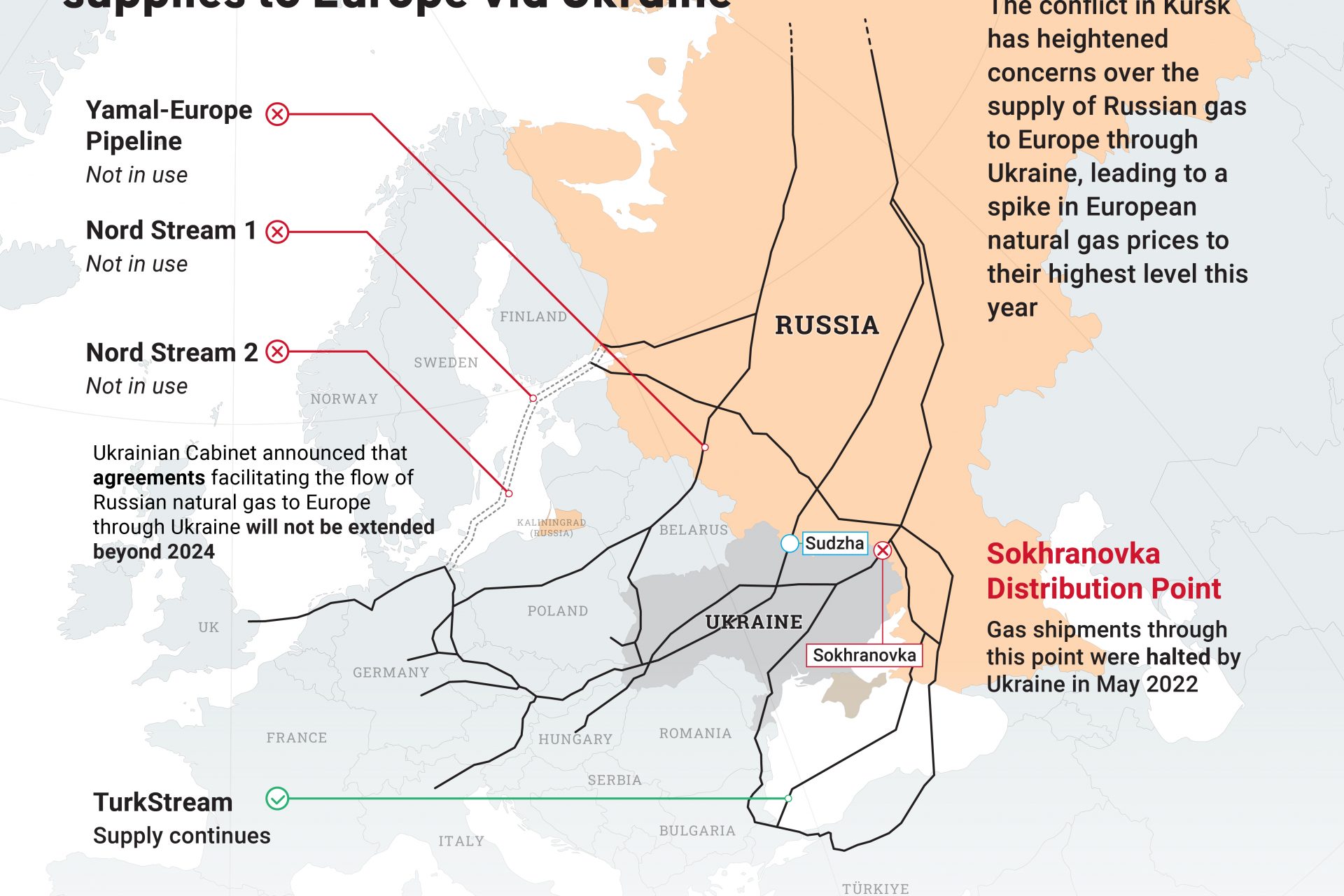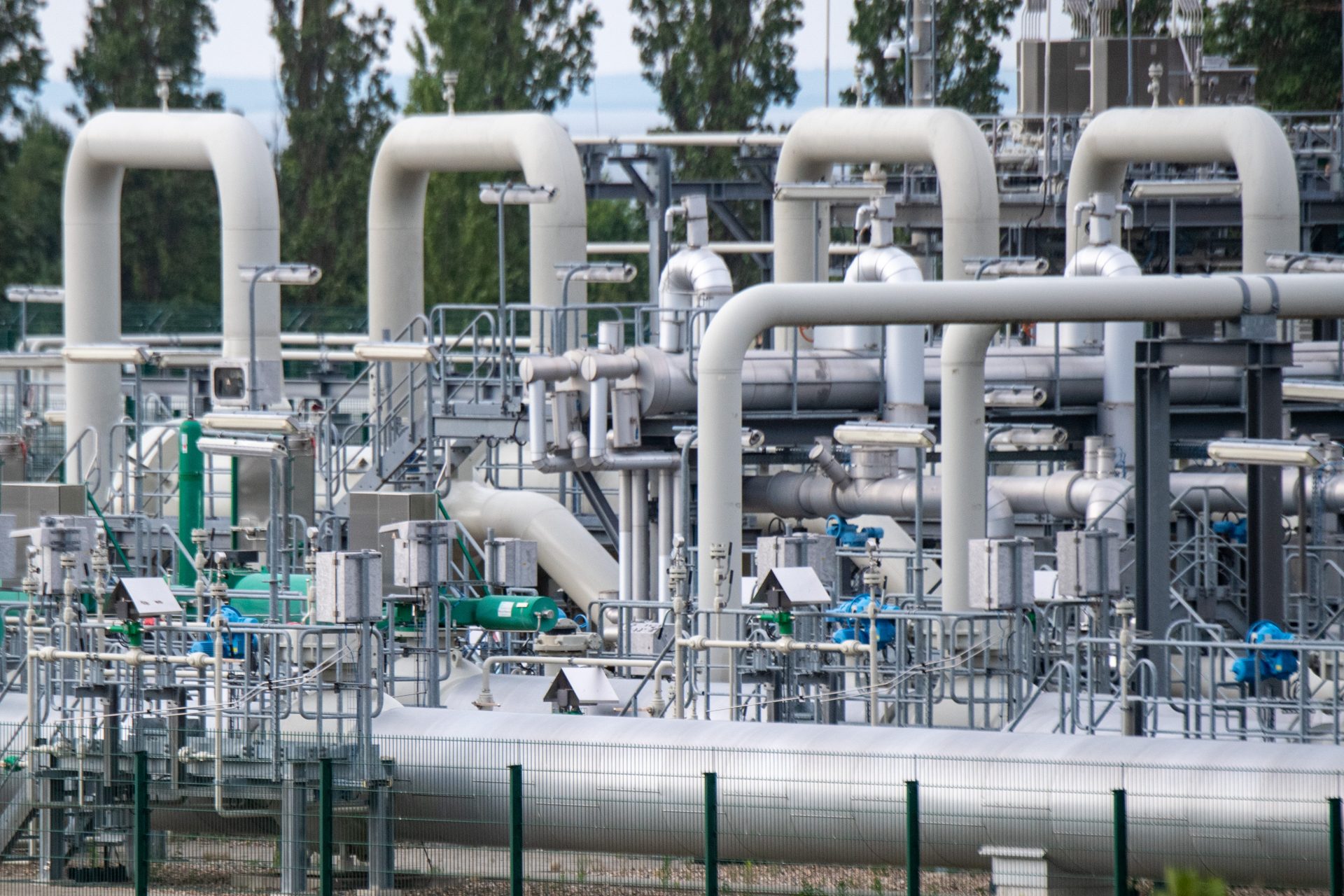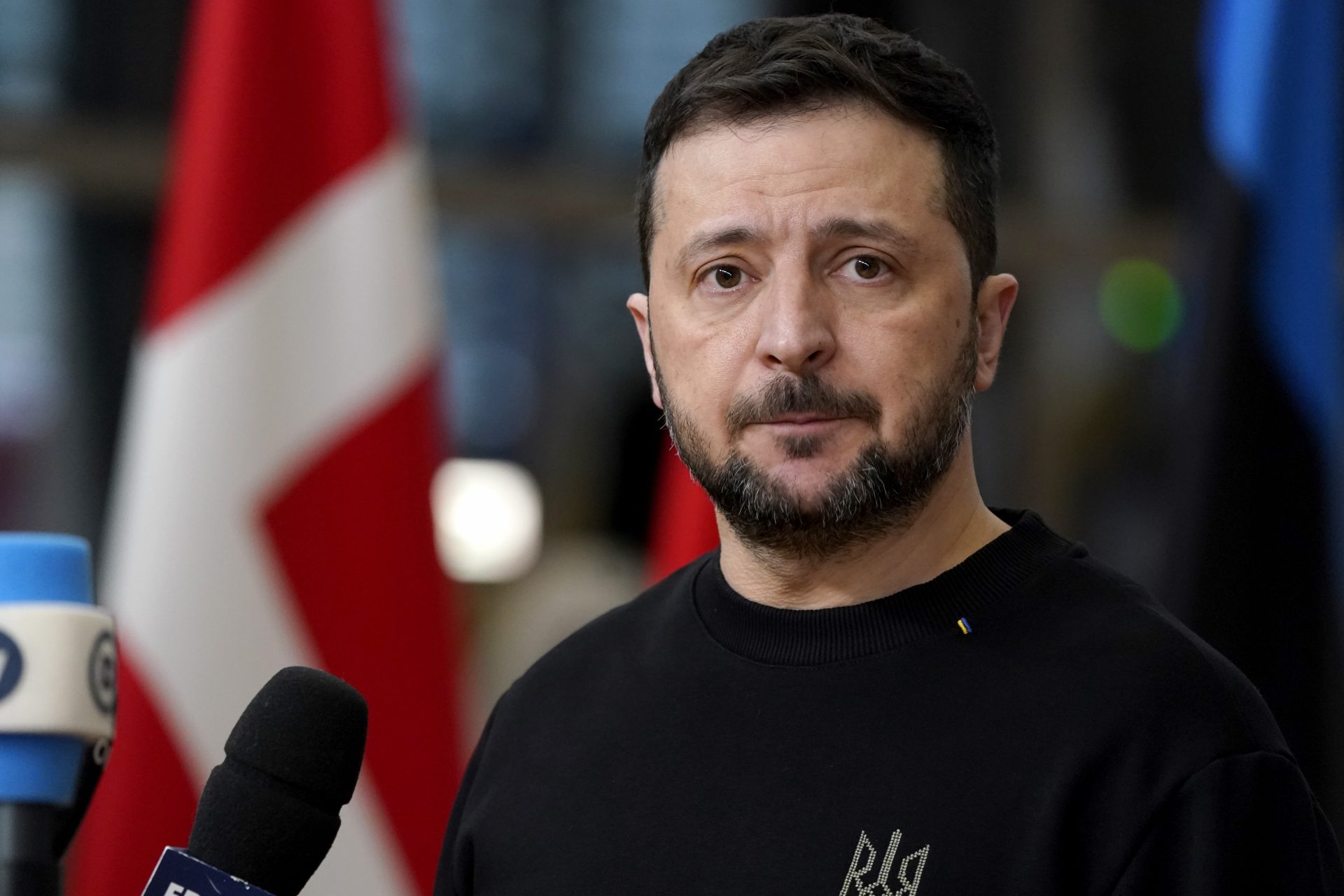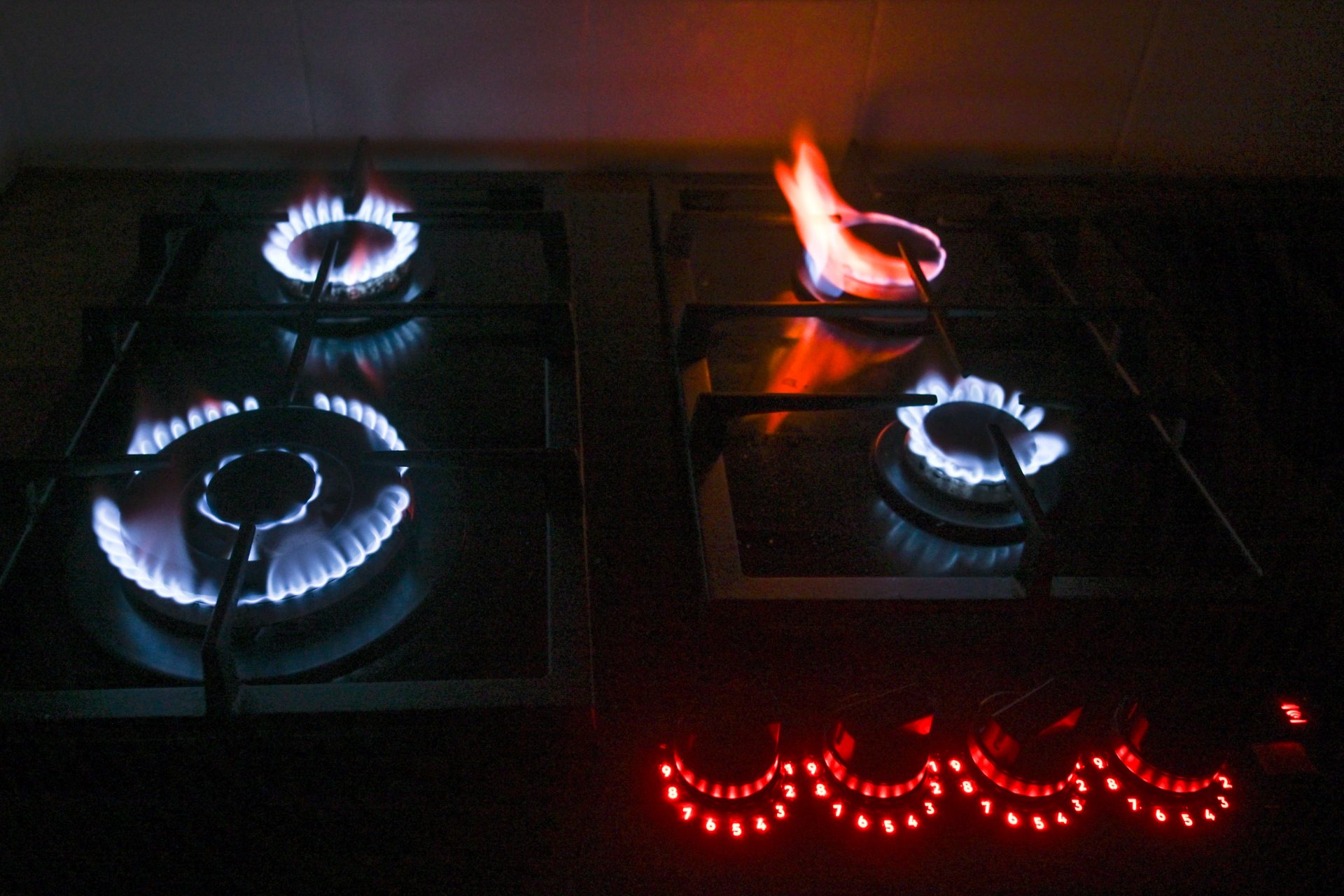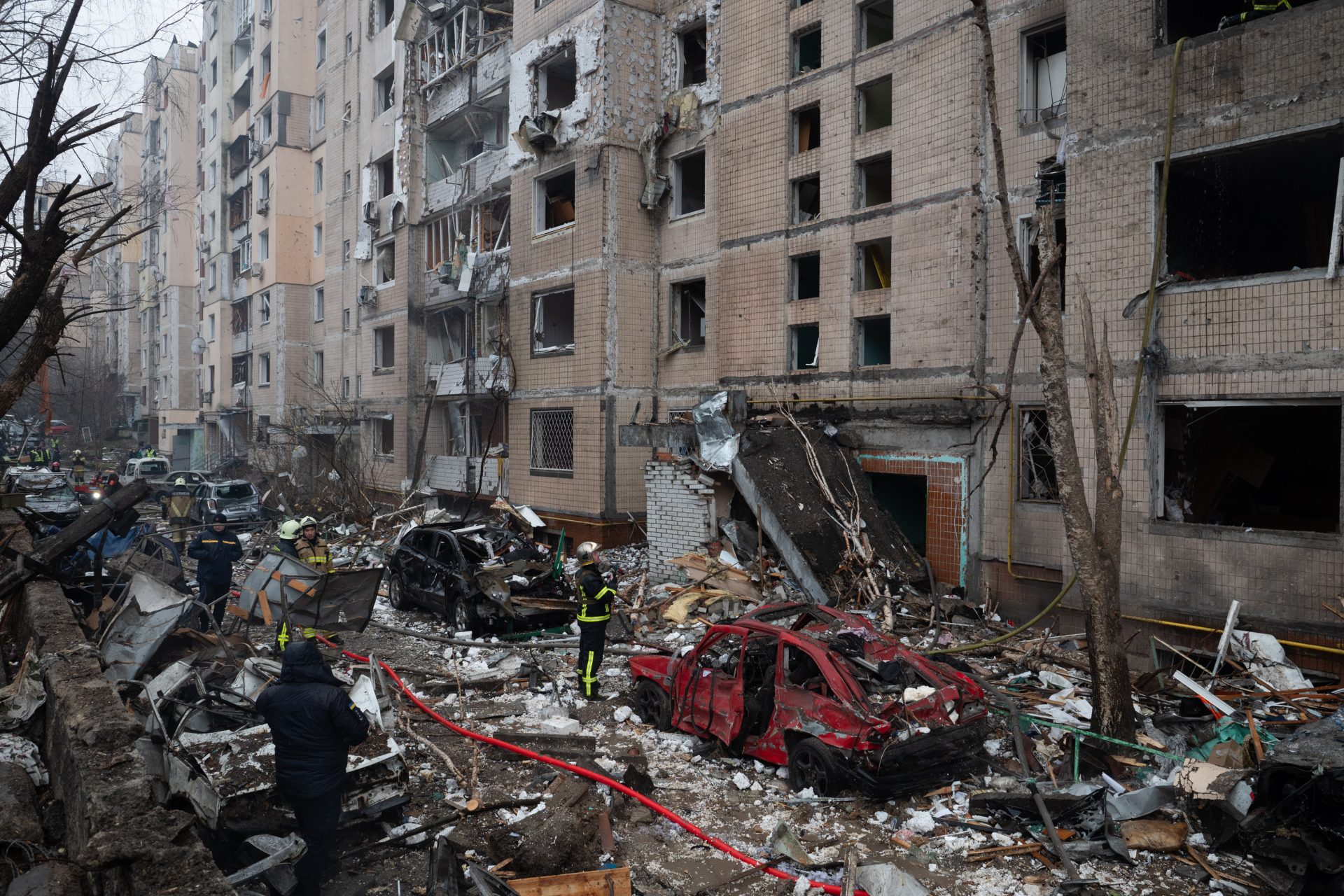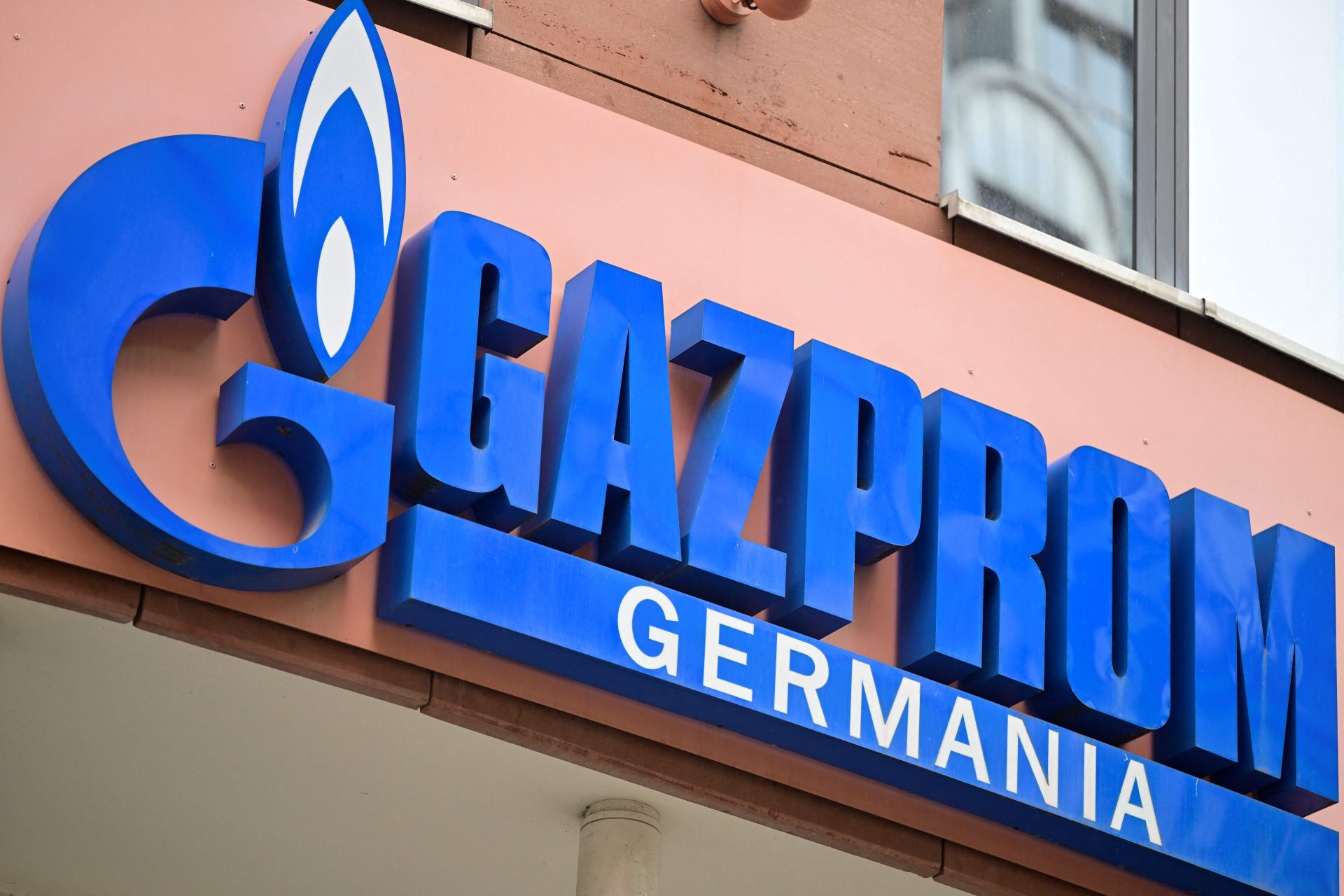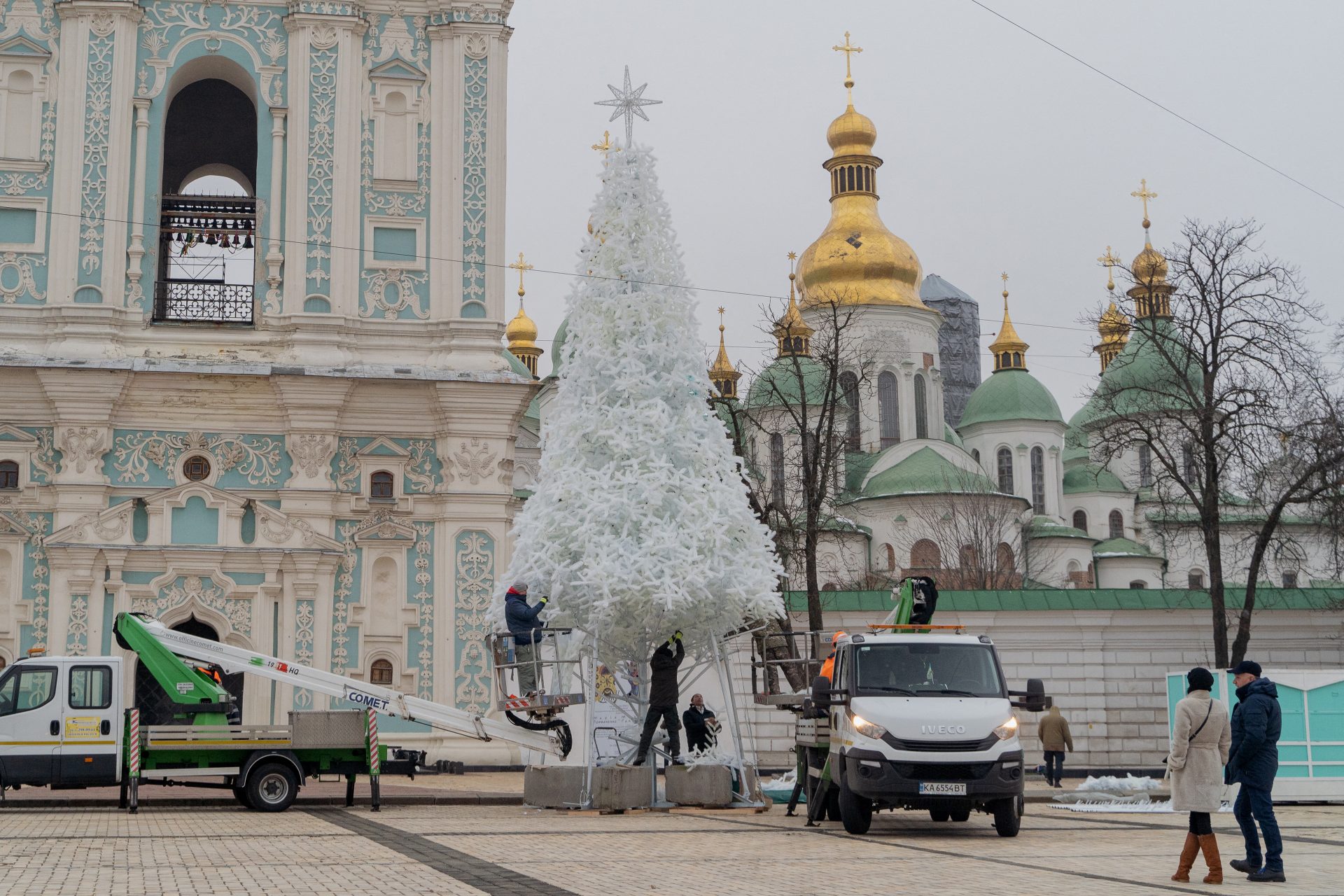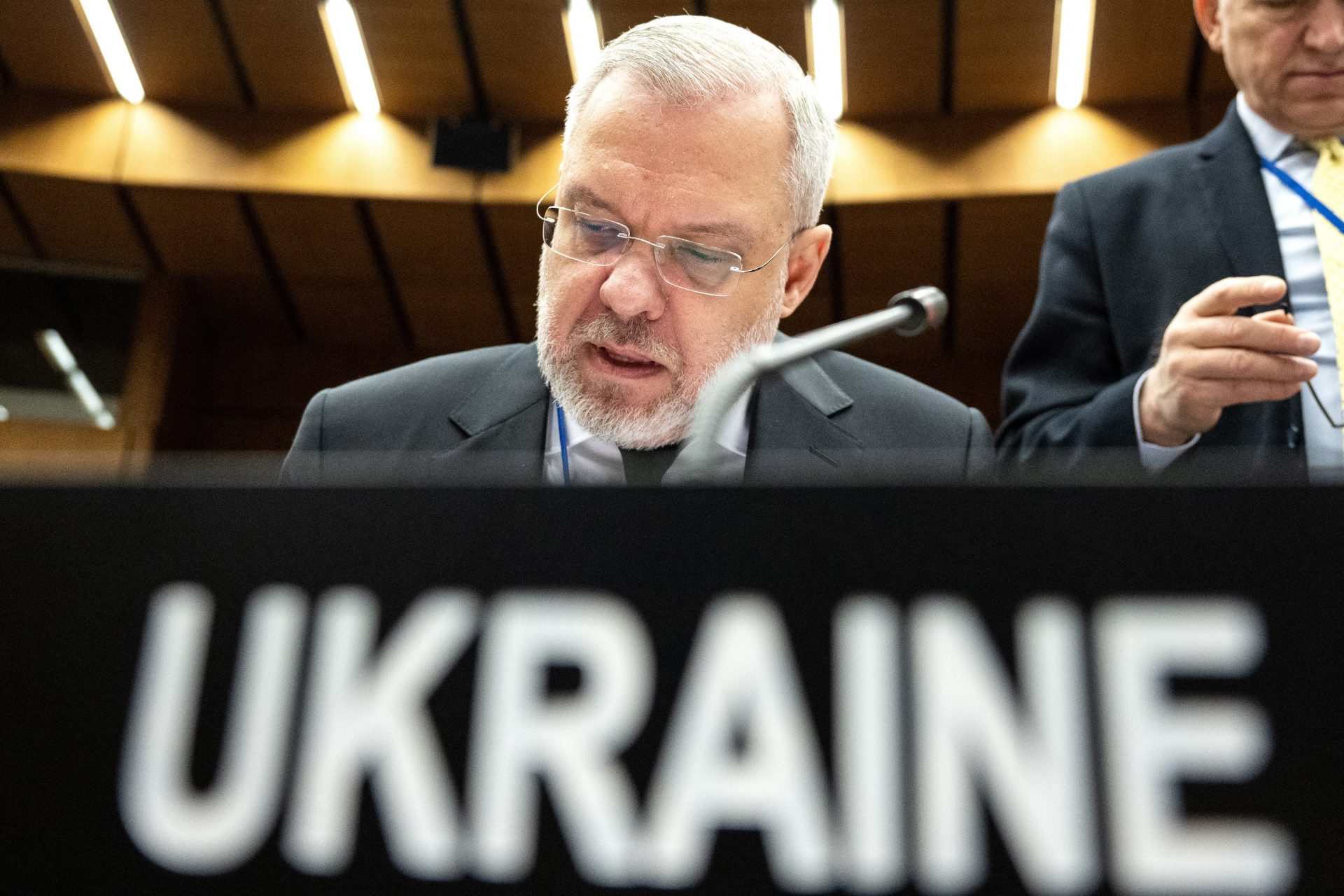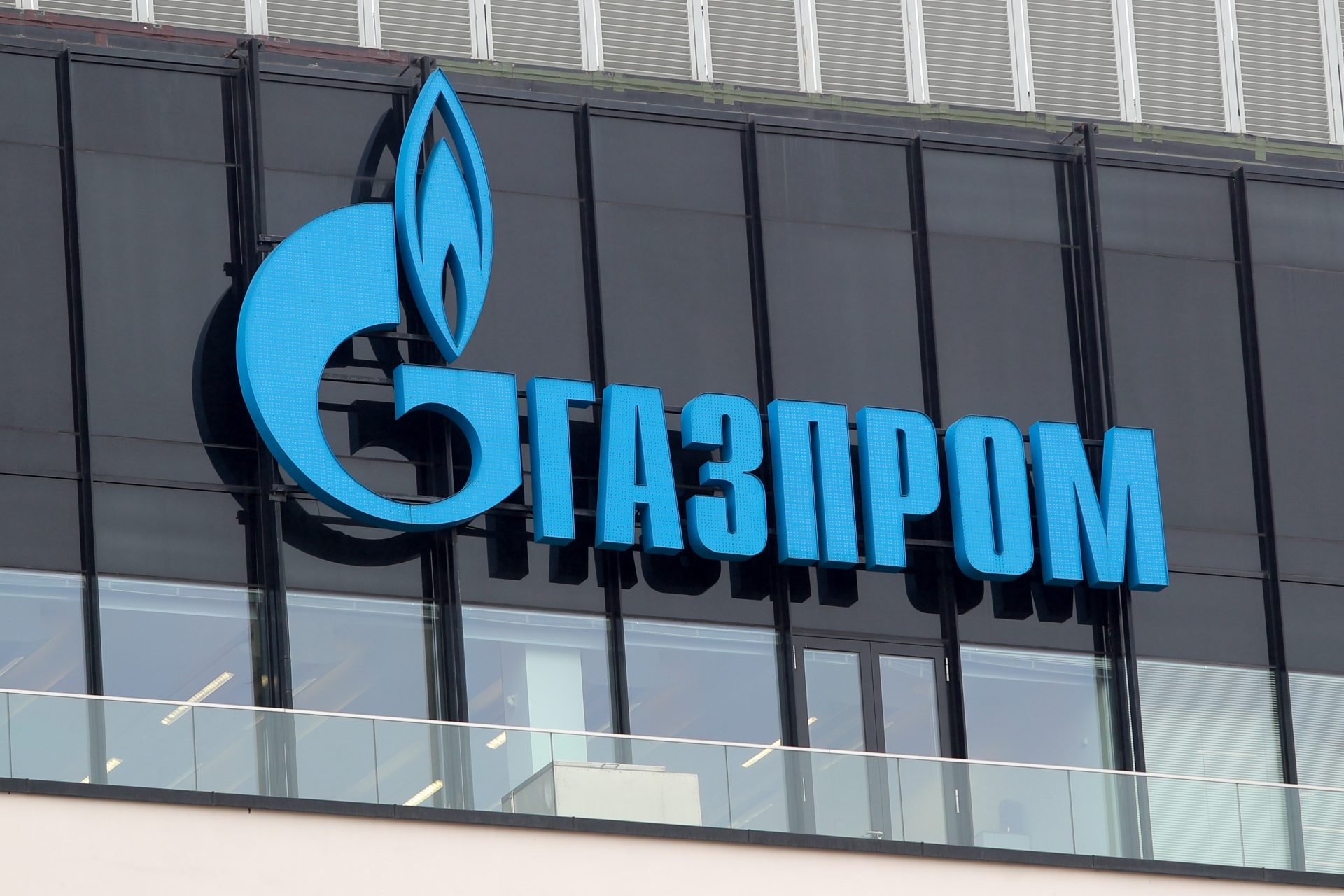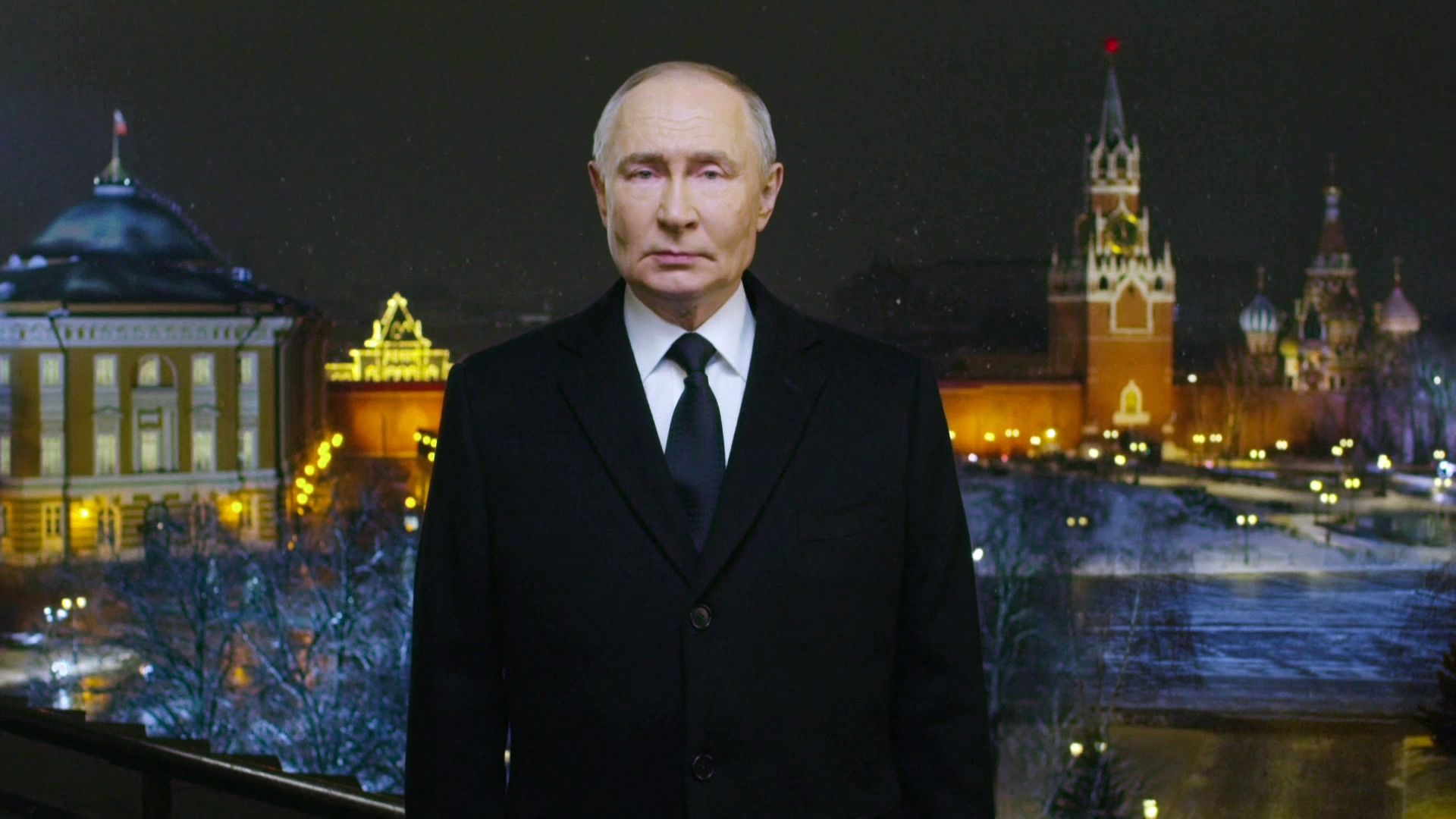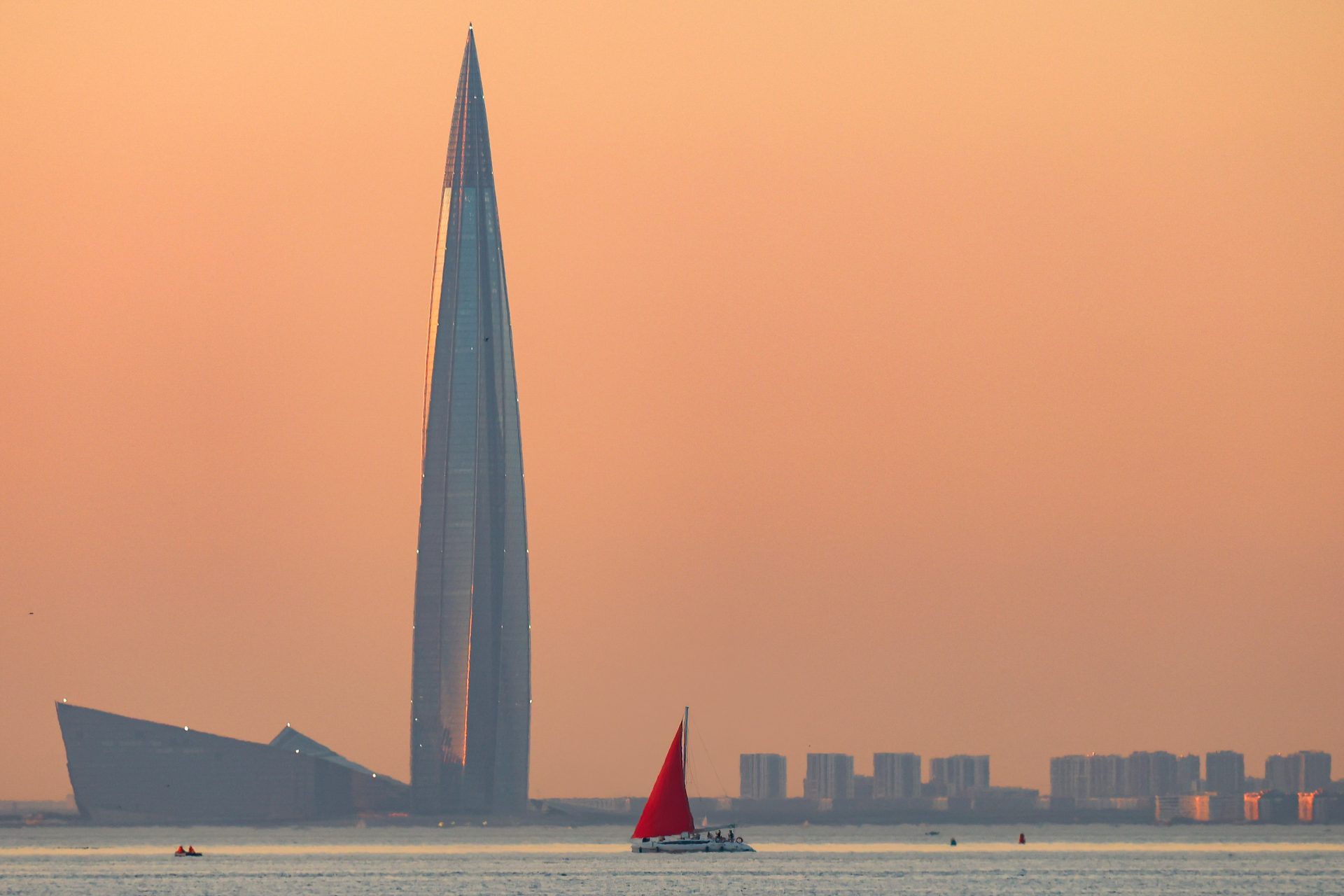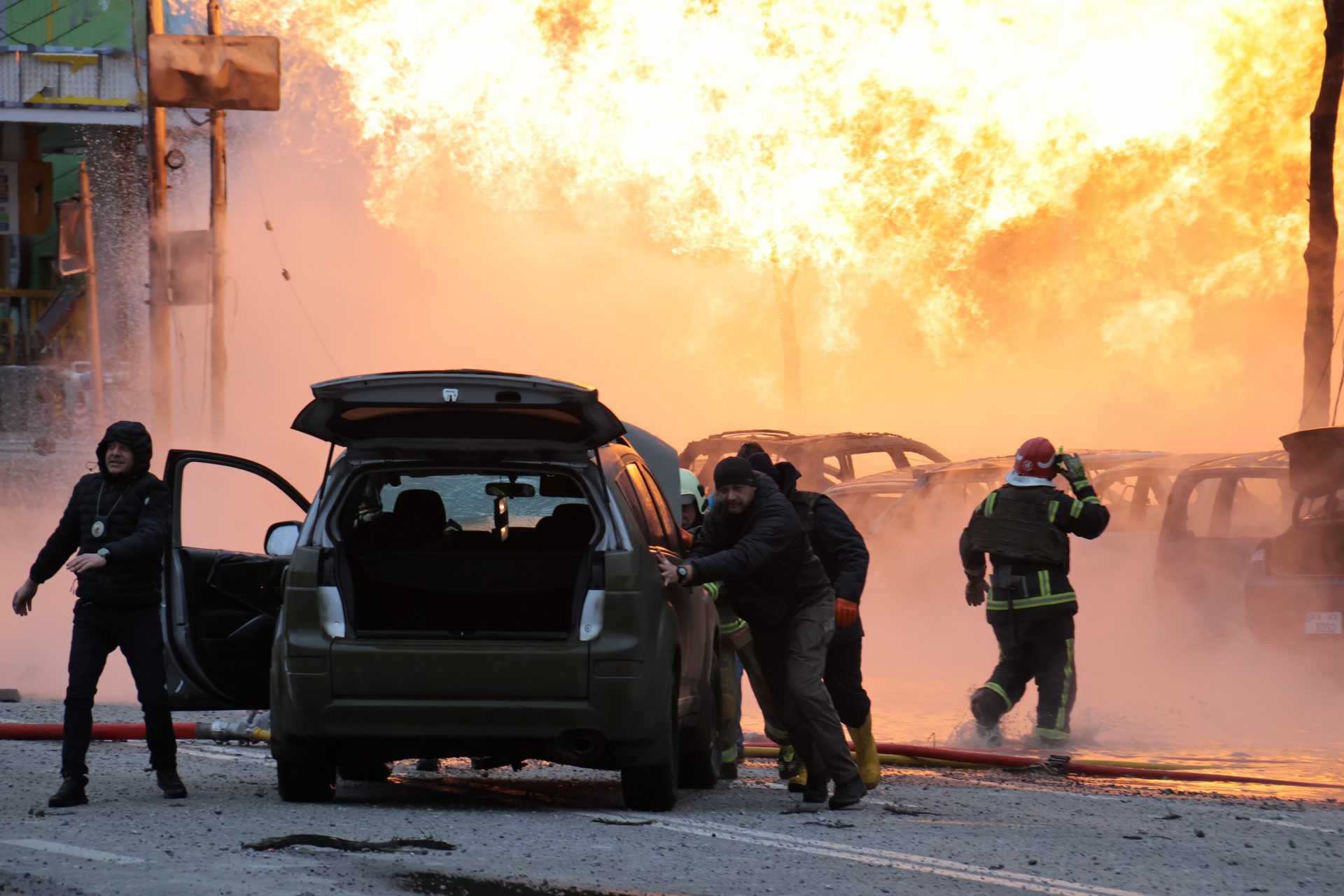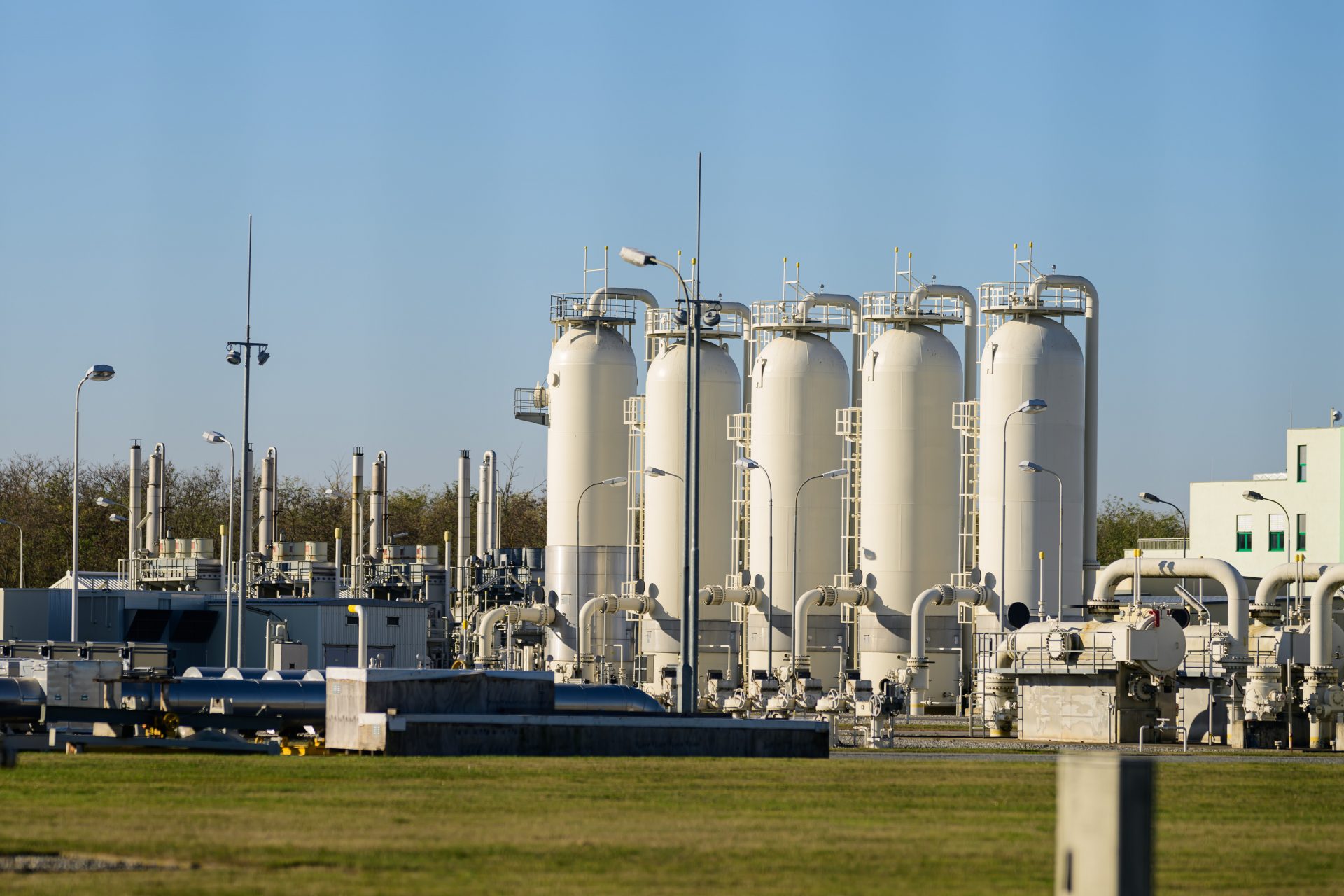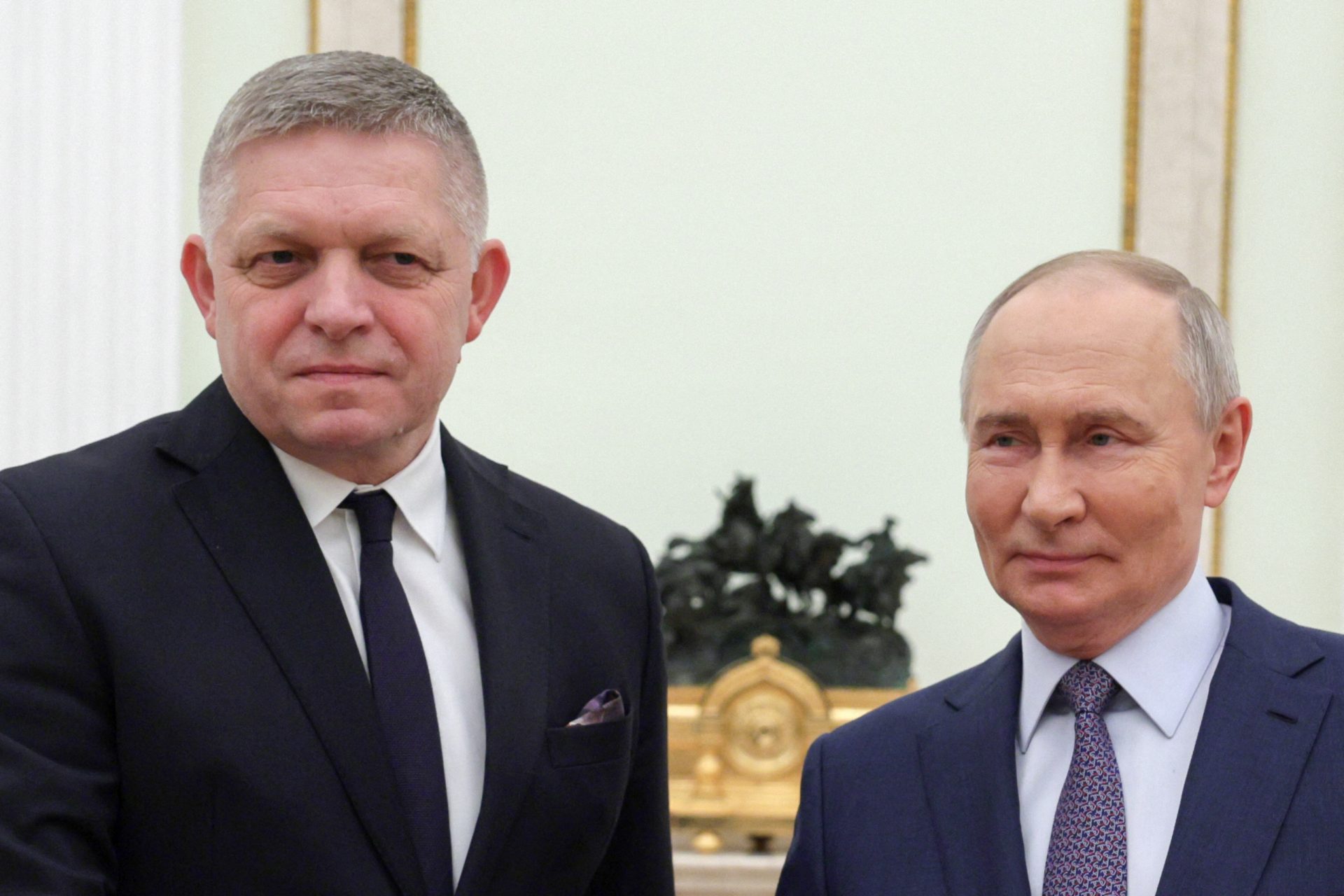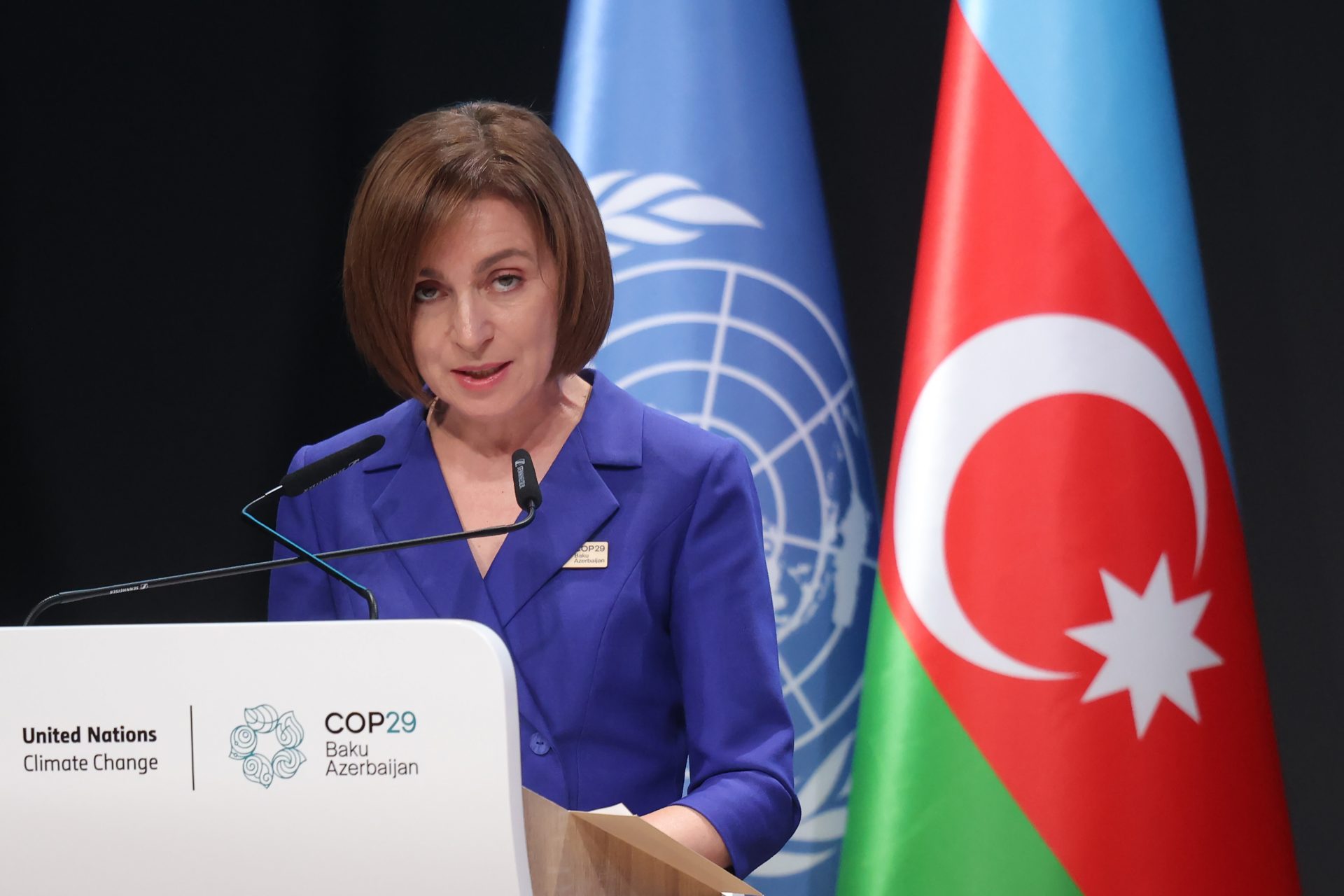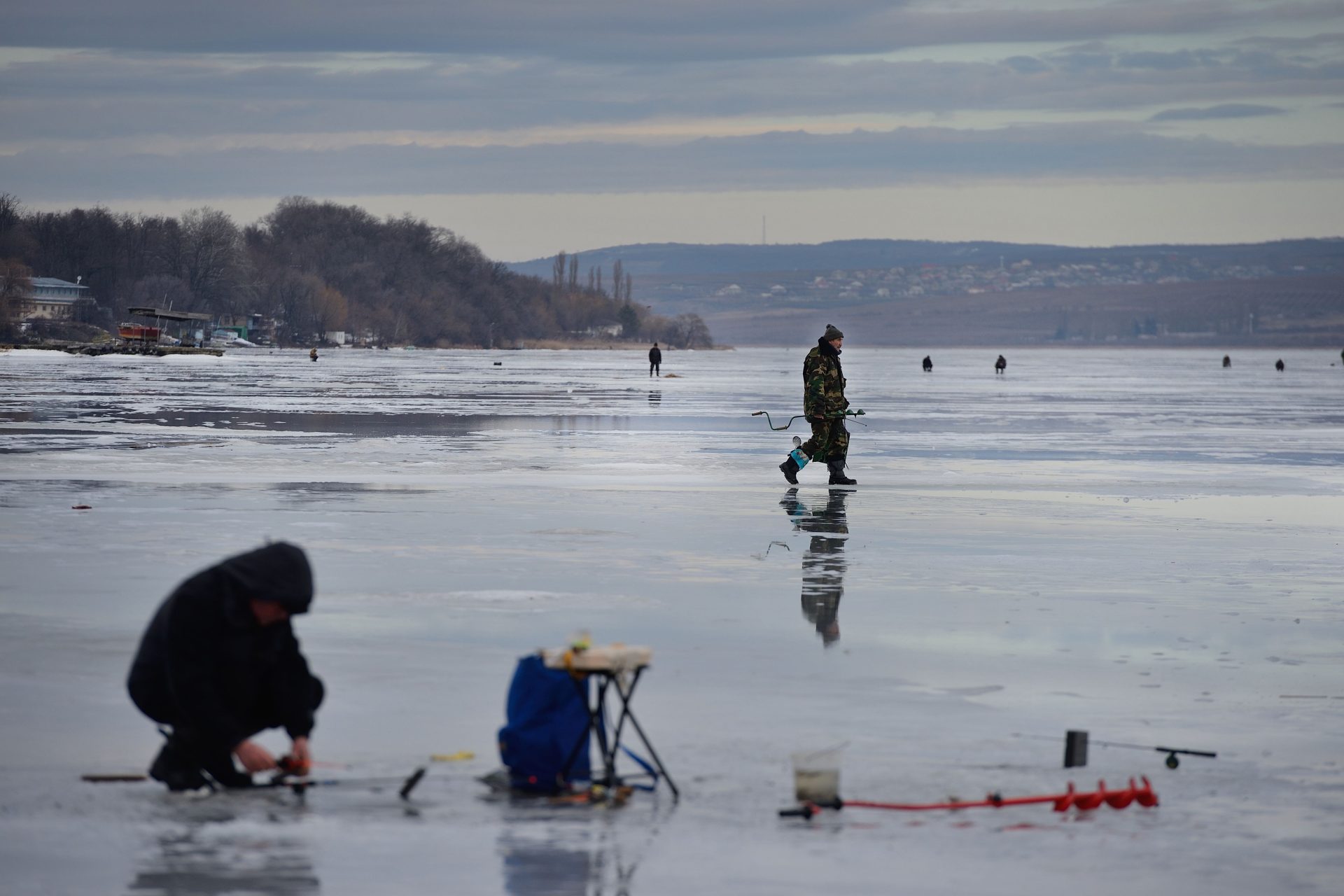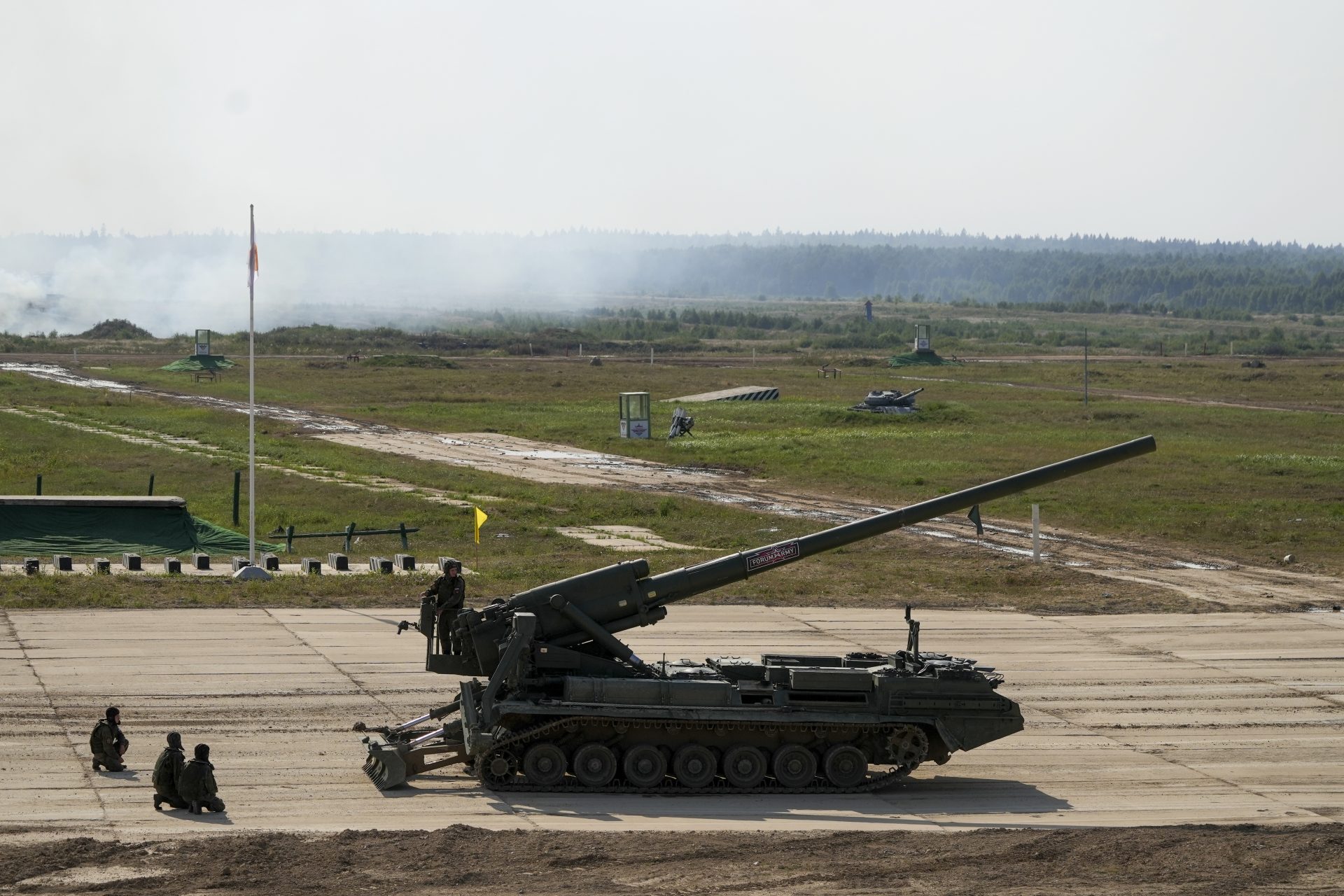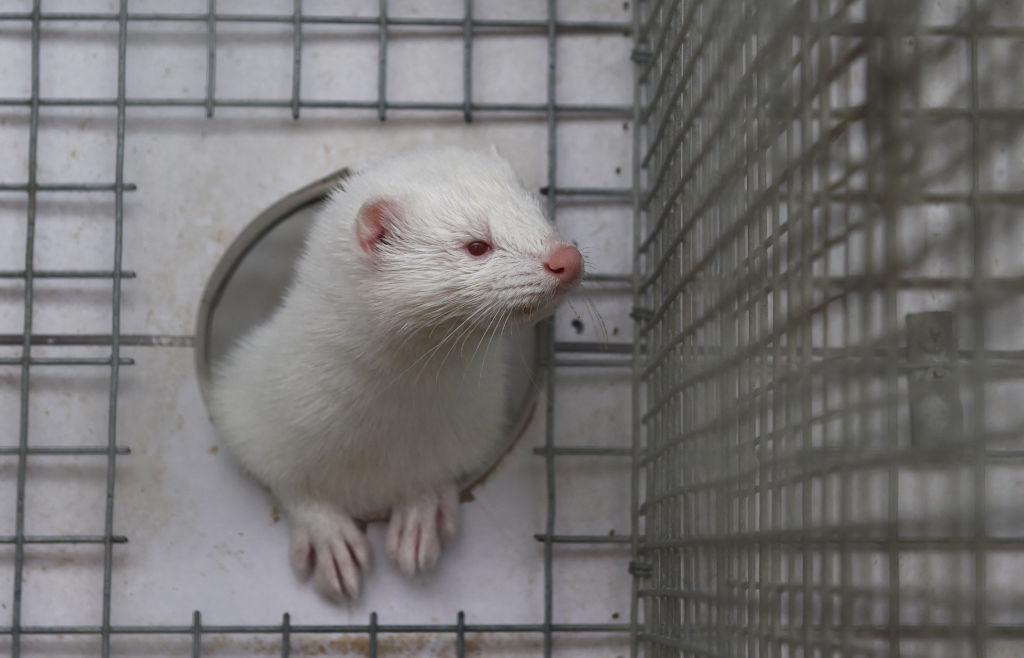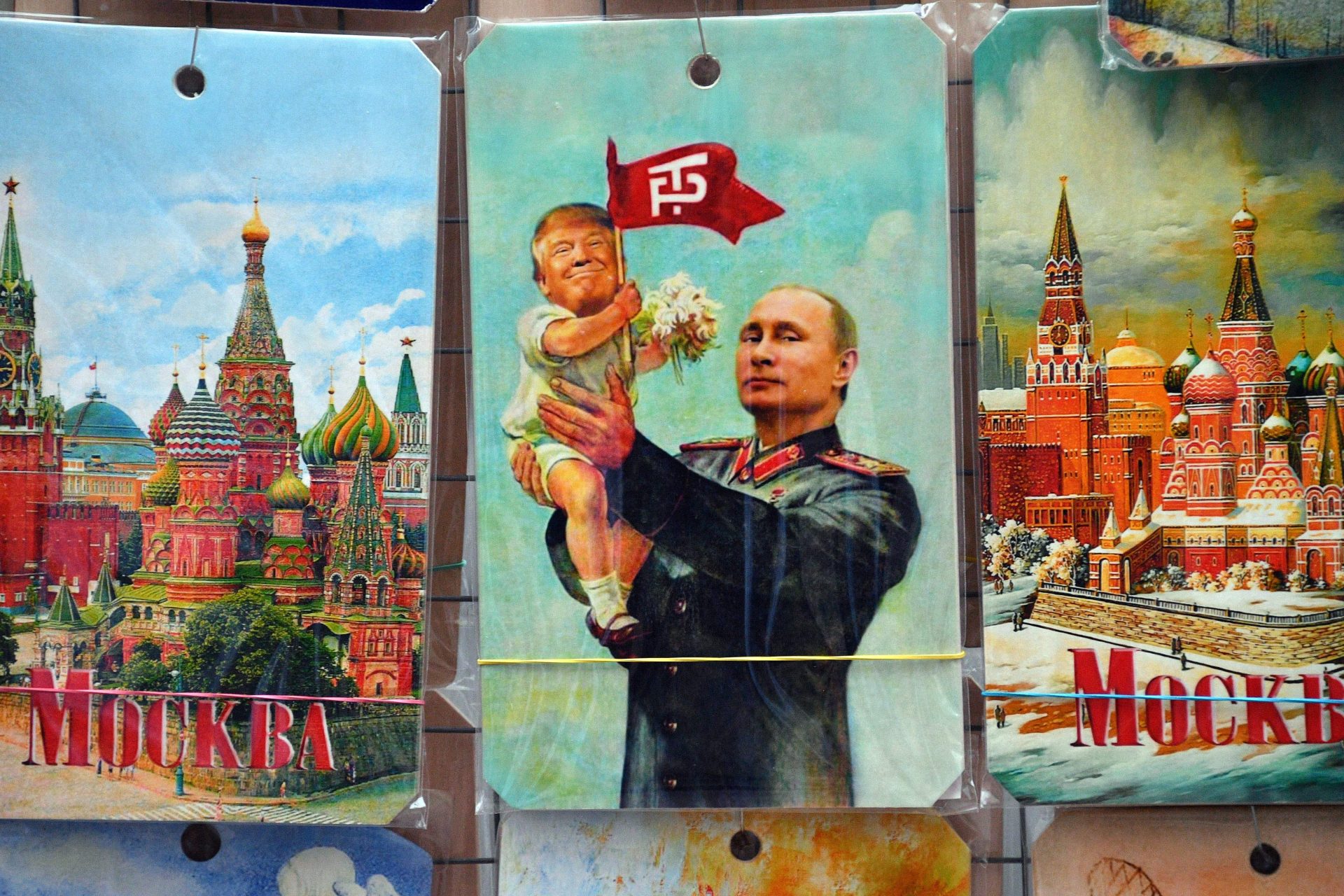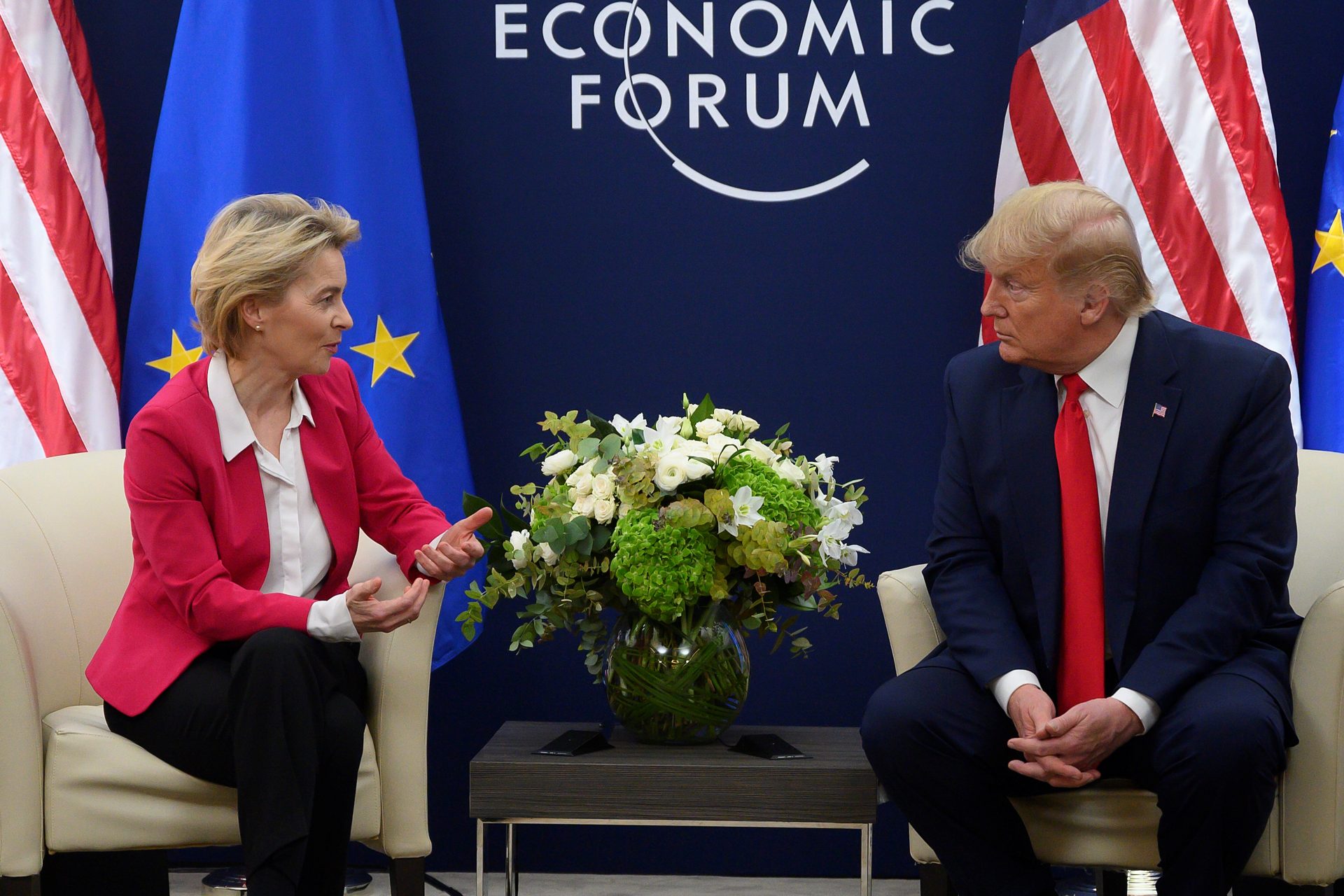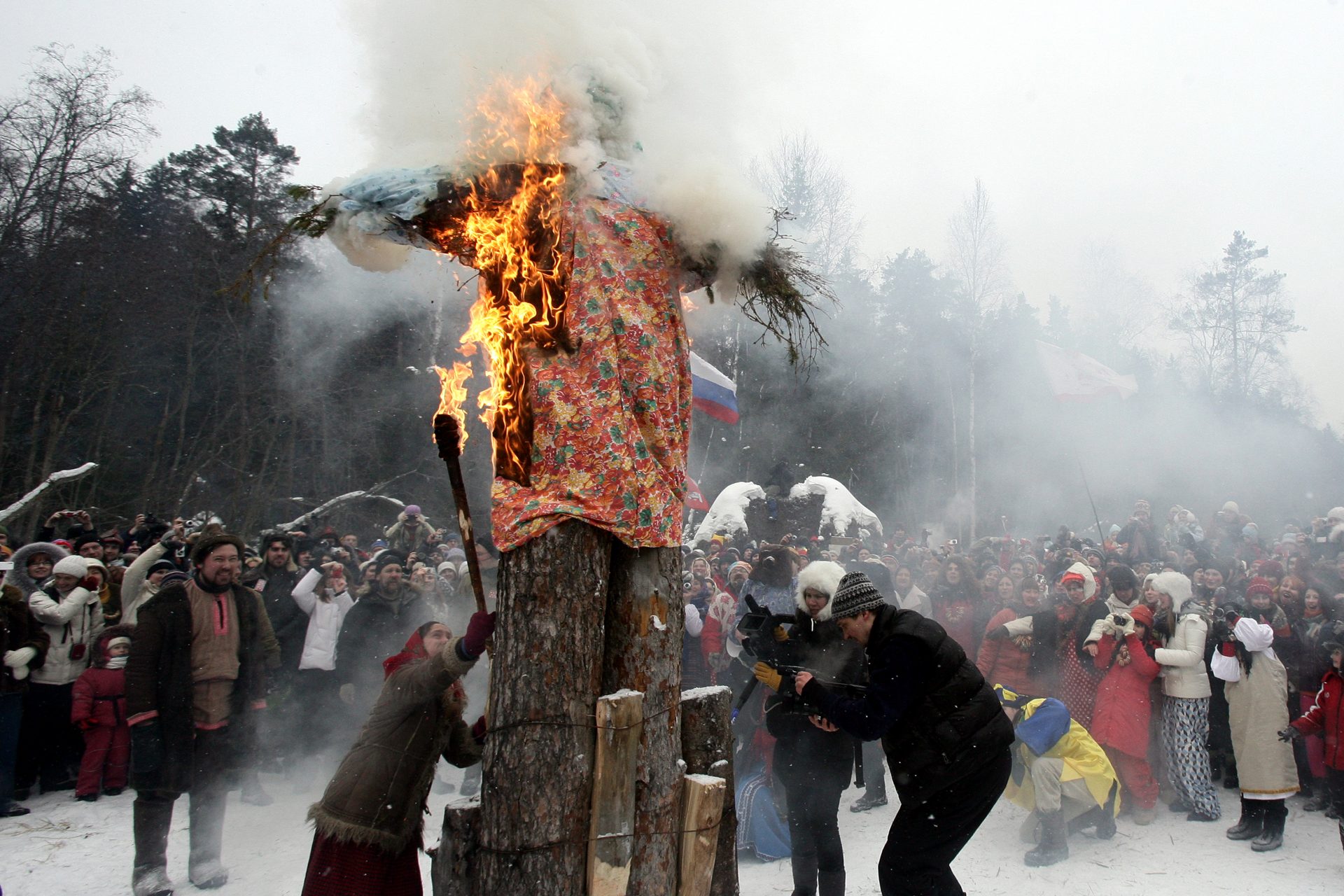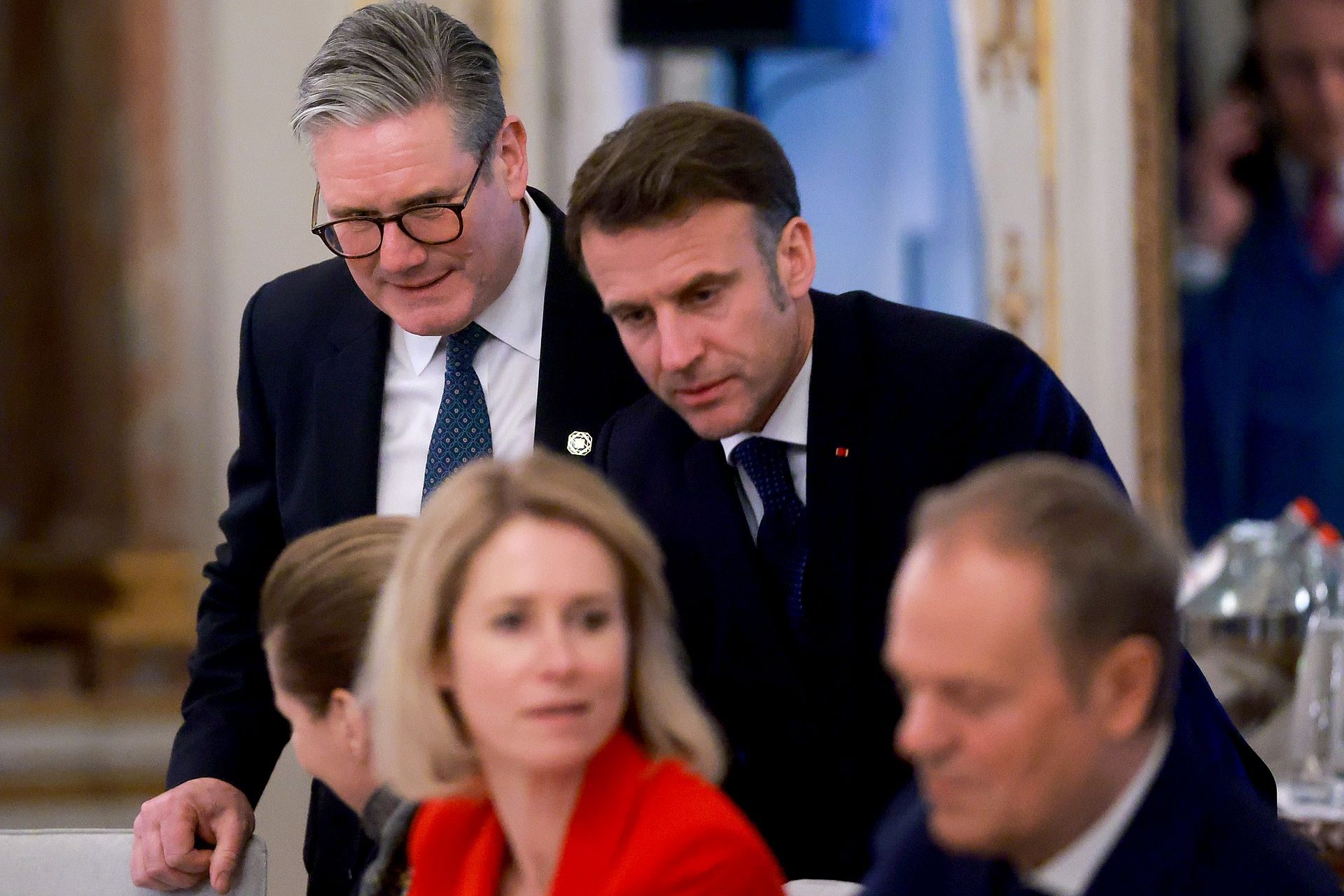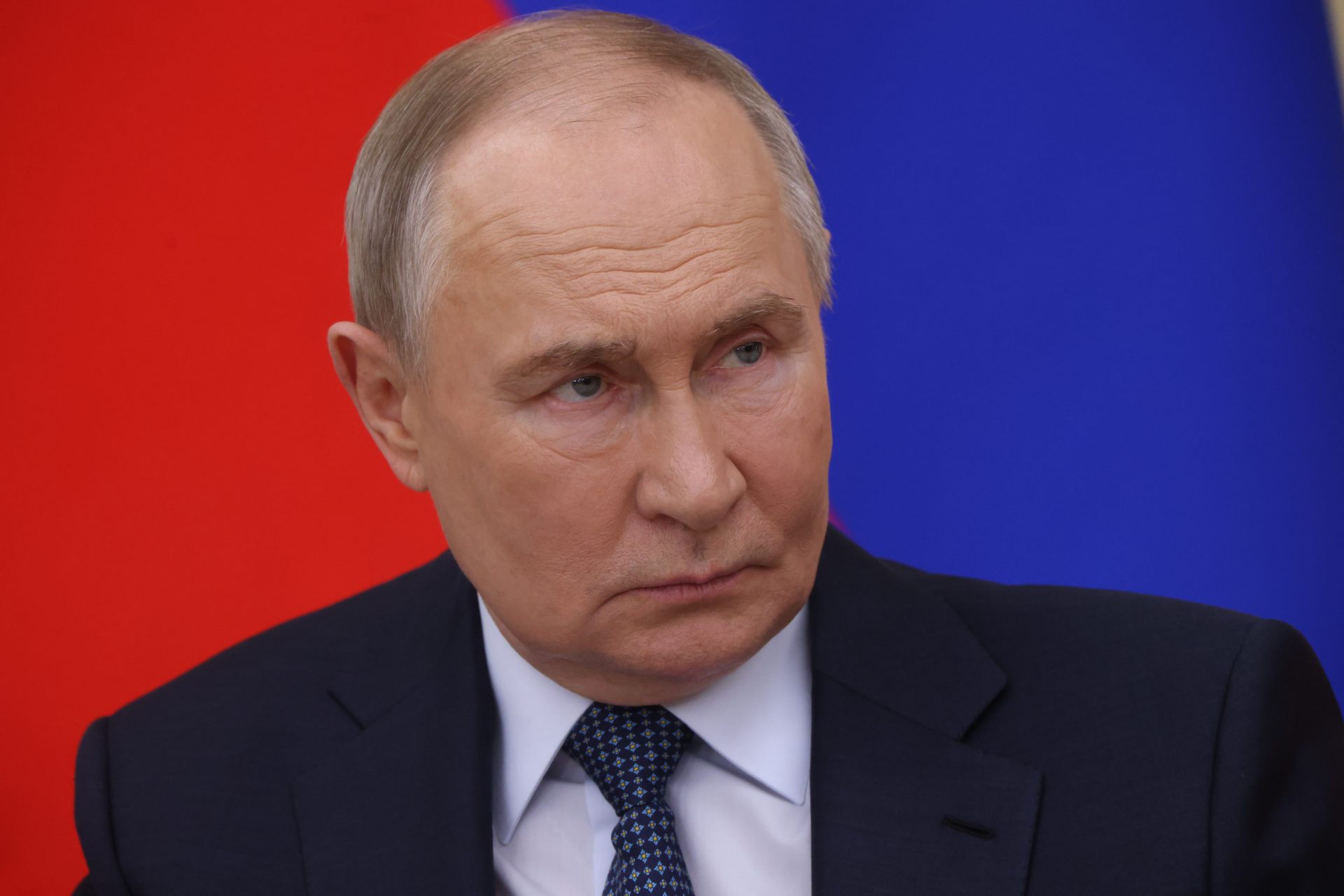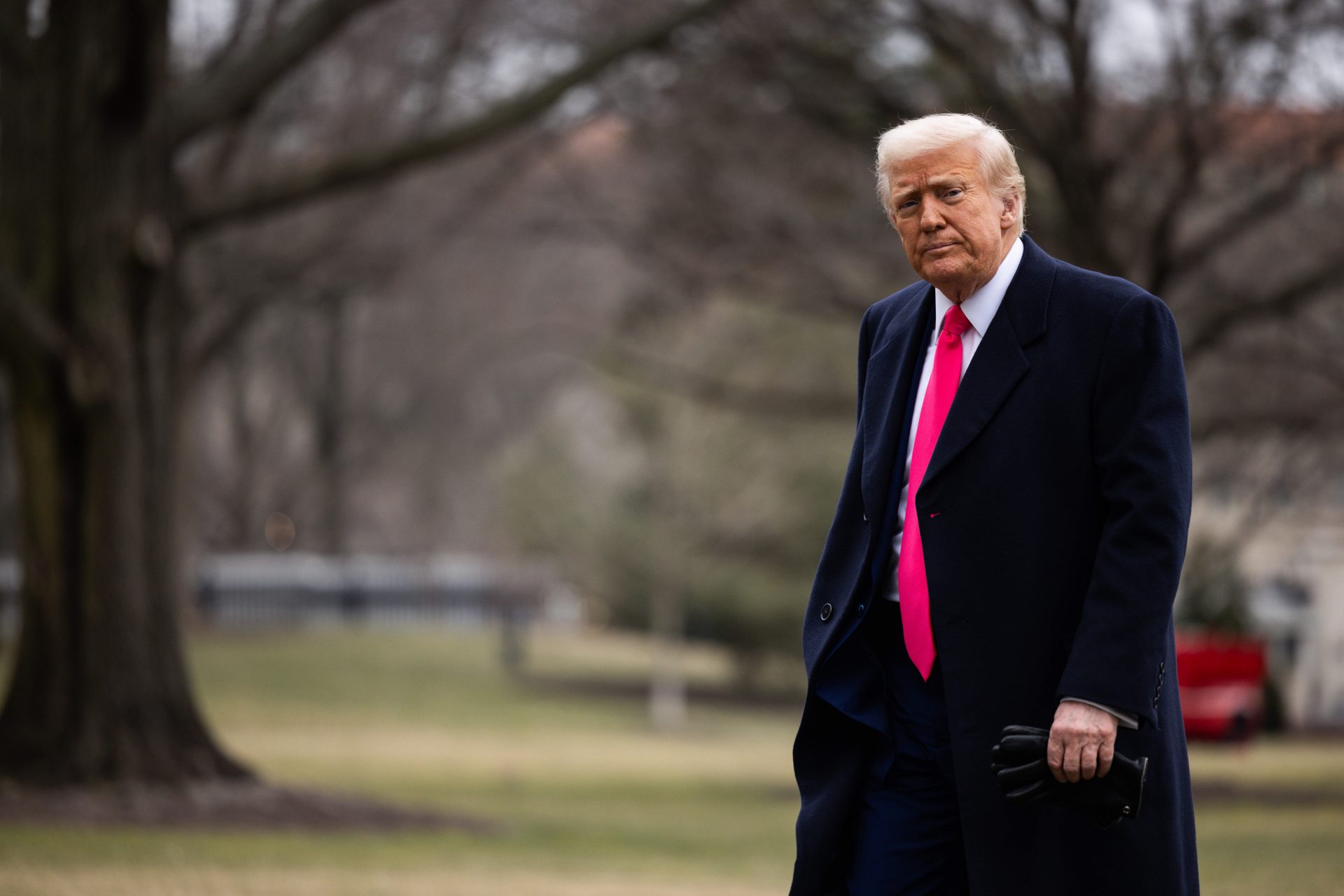Ukraine’s strategy behind cutting the gas supply from Russia to Europe
The route taking gas from Russia through Ukraine to Europe has been cut in what Ukrainian President Zelensky is hailing as “one of Moscow’s biggest defeats”.
Ukraine has refused to renew the five-year-old transit agreement that even survived the Soviet era in a bid to undermine one source of Russia’s revenue for the Ukraine war.
In a social media post Zelensky wrote, “When [Vladimir] Putin was given power in Russia more than 25 years ago, the annual gas pumping through Ukraine to Europe was 130+ billion cubic meters. Today, the transit of Russian gas is 0.”
According to CNN, the Ukrainian president also posted on Telegram that Russia had been “turning energy into a weapon and engaging in cynical energy blackmail against its [Ukraine's] partners”.
The contract for the transit of gas to Europe signed in 2020 expired on New Year’s Day and Ukraine’s refusal to renew it was expected after almost three years of full-scale conflict.
The symbolic move comes after Europe has radically reduced its reliance on Russian gas, with Austria, Slovakia and Moldova the only three nations to be affected.
Ukraine’s energy ministry declared that the end of the deal was “in the interests of national security.”
The Energy Minister German Galushchenko said in Al Jazeera, “We stopped the transit of Russian gas. This is an historic event. Russia is losing its markets; it will suffer financial losses. Europe has already made the decision to abandon Russian gas.”
At one time, Moscow was the source of as much as 35% of Europe’s gas. That amount has fallen to a mere 8% as EU countries have sought alternatives.
While both Russia and Ukraine will be affected economically by the move, Ukraine states that Russia will suffer a greater loss.
Reuters has estimated that Russia earned around $5 billion a year from its transit deal with Ukraine.
Serhii Makohon, former head of the Ukrainian GTS Operator, said in the Ukrainian press that this was against the $800m made by Ukraine, most of which “is spent on transit itself.”
Austria had prepared for the eventuality and arranged for a switch in supply, despite it getting almost all its gas from Russia.
Slovakia, meanwhile, has stated that Ukraine’s decision will cost the country hundreds of millions in transit revenue and higher prices for alternative supplies.
Facing the direst consequences, however, is Moldova. Its pro-European president Maia Sandu has blamed the Russian gas giant Gazprom for not arranging for an alternative supply route, reports Al Jazeera.
She has also said that Moldovans now face a “harsh” winter without Russian gas to keep homes warm. Temperature here regularly fall to below zero at this time of year.
More for you
Top Stories



